World Bank Economist: India's Economy Set for MAJOR Growth! 🚀 Is This the Next Global Superpower?
Economy
|
Updated on 12 Nov 2025, 09:19 am
Reviewed By
Satyam Jha | Whalesbook News Team
Short Description:

▶
Detailed Coverage:
Aurelien Kruse, Lead Economist at the World Bank, highlighted India's significant economic resilience in an exclusive interview with ANI. He stated that India's vast domestic market shields it from external uncertainties that typically affect smaller economies. This inherent strength, combined with favorable demographics—a growing working-age population until around 2050 and a low dependency ratio—forms a strong asset for sustained growth.
Both the World Bank and the International Monetary Fund (IMF) forecast India to remain the world's fastest-growing large economy, with growth projected between 6.3% and 7% in the foreseeable future. This outlook is underpinned by strong fundamentals including a large labor force, expanding capital stock, and steady productivity.
Kruse emphasized that the next frontier for India is to accelerate growth beyond this baseline, aiming for 10% annually. This requires a focus on productivity, efficiency, and deeper integration into global value chains, moving beyond reliance on natural demographic advantages. India's burgeoning digital and innovation ecosystem is identified as a key driver of this enhanced productivity.
Regarding global trade, Kruse downplayed fears of major disruptions, noting that trade is still growing, albeit at a slower pace post-COVID. He recommended India remain open to the world to leverage its advantages. The World Bank's India Economic Memorandum offers strategies for India to "go from good to great" and achieve its "Viksit Bharat" goal.
Impact This news has a significant positive impact on investor sentiment and the broader Indian stock market, signaling strong economic fundamentals and growth prospects. Rating: 9/10
Difficult Terms Explained: Dependency Ratio: The ratio of dependents (people too old or too young to work) to the working-age population. A low dependency ratio is favorable for economic growth. Global Value Chains: The full range of activities required to bring a product or service from conception, through the different phases of production (involving a combination of domestic and foreign elements), to delivery to final consumers and after-sales support.
IPO Sector

Tenneco Clean Air India IPO: Rs 1080 Crore Anchor Funding & Massive Investor Rush Unveiled!
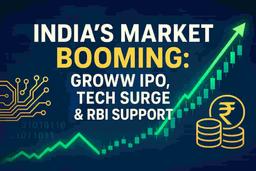
India Poised for Gains? Groww IPO Debut, IT Sector Boom, Bihar Polls & RBI's Rupee Defense - What Investors Need to Watch!

Tenneco Clean Air India IPO: Rs 1080 Crore Anchor Funding & Massive Investor Rush Unveiled!
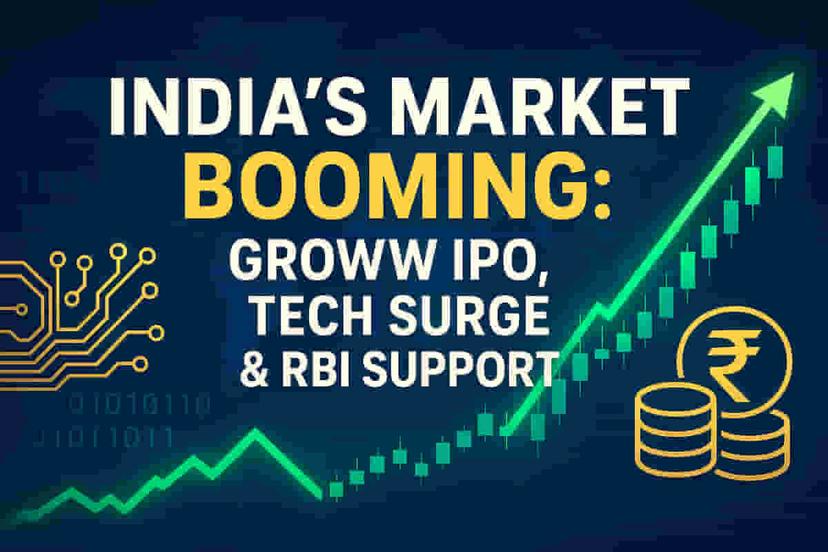
India Poised for Gains? Groww IPO Debut, IT Sector Boom, Bihar Polls & RBI's Rupee Defense - What Investors Need to Watch!
Economy Sector
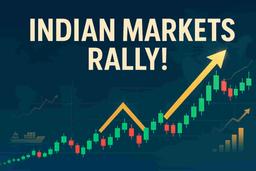
Indian Markets Surge: Earnings Buzz & US Trade Hopes Ignite Nifty & Sensex Rally!

Nobel Prize Reveals India's BIGGEST Economic Secret! Is Your Startup Ready?

RBI's Governance Shake-Up: Deputy Governor Demands Boards Own Outcomes, Not Just Paperwork!

India's Inflation Shockwave: October 2025 CPI Data is HERE - Will Markets Soar or Sink?
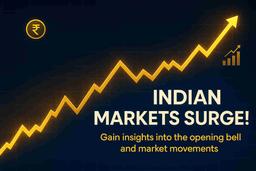
Indian Markets Surge: Nifty and Sensex Open Strong, Investors Eyeing Gains!

Election Results Spark HUGE Indian Market Rally! Get Ready for Record Opening!
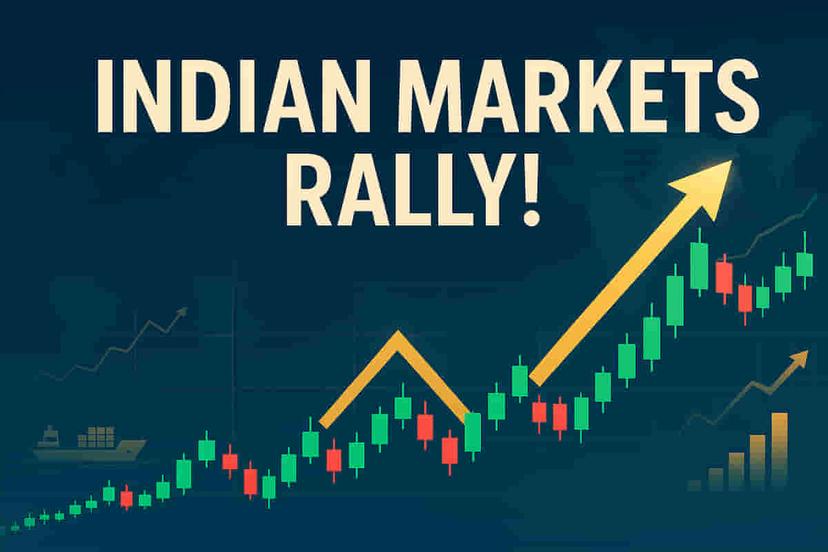
Indian Markets Surge: Earnings Buzz & US Trade Hopes Ignite Nifty & Sensex Rally!

Nobel Prize Reveals India's BIGGEST Economic Secret! Is Your Startup Ready?

RBI's Governance Shake-Up: Deputy Governor Demands Boards Own Outcomes, Not Just Paperwork!

India's Inflation Shockwave: October 2025 CPI Data is HERE - Will Markets Soar or Sink?
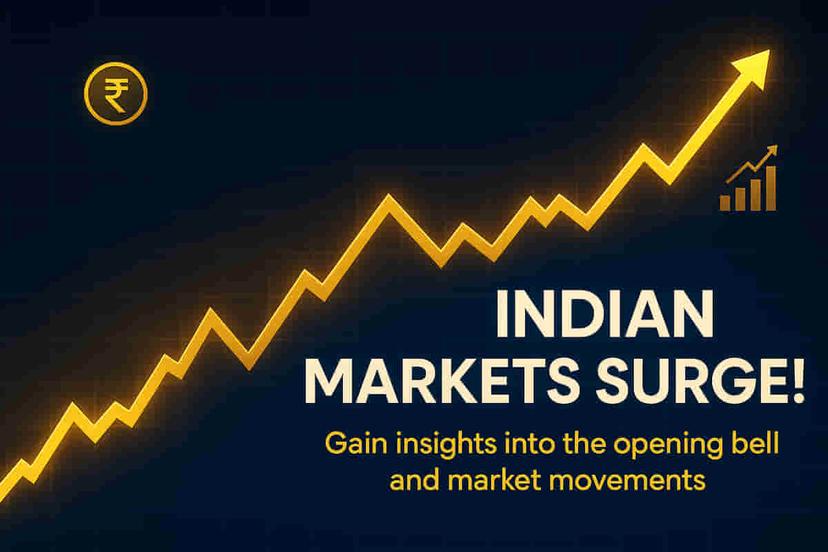
Indian Markets Surge: Nifty and Sensex Open Strong, Investors Eyeing Gains!
